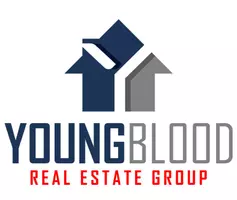Understanding ASR in Pool Concrete: Essential Insights for Agents, Homeowners, and Buyers
What is ASR Concrete?
Categories
Recent Posts

Why are mortgage rate up after the Fed reduced interest rates?

Transfer on Death Deed
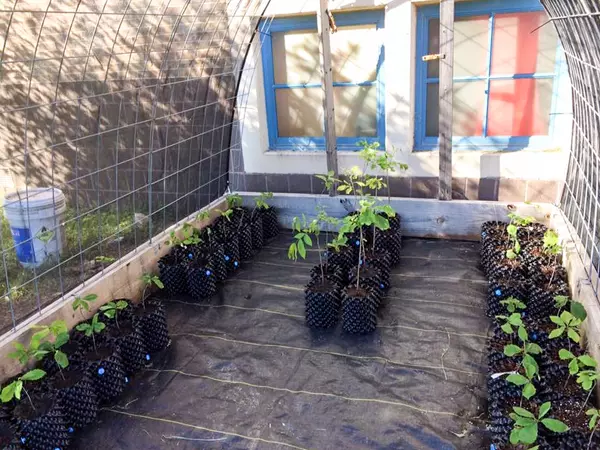
Tree Farm

Charming Corner Lot Home in South Austin with Modern Updates and Classic Elegance
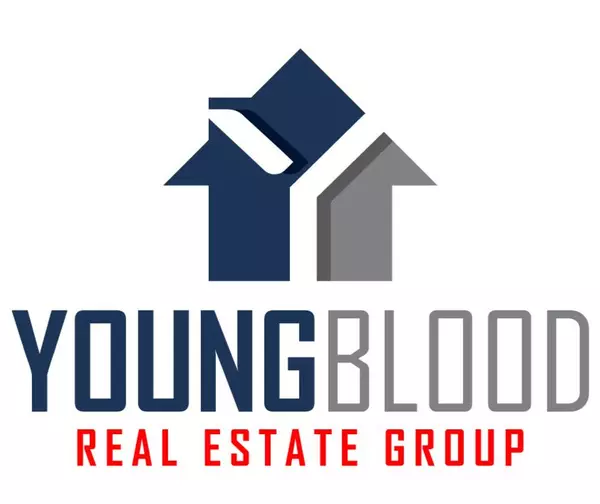
Understanding ASR in Pool Concrete: Essential Insights for Agents, Homeowners, and Buyers

Join Us for a Tree-Planting Event at Zilker Elementary!

Open House Nov 16 1-3PM : 3113 Sesbania Dr, Austin, TX

Charming Newly Renovated Duplex in Taylor, TX - Perfect for Modern Living
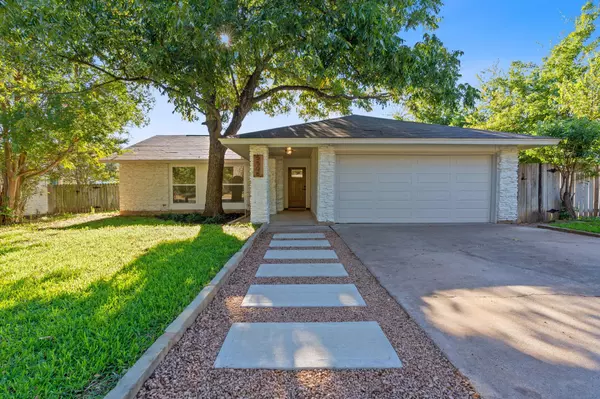
Open House 5506 Salem Walk Sunday Oct 20th 1-3PM
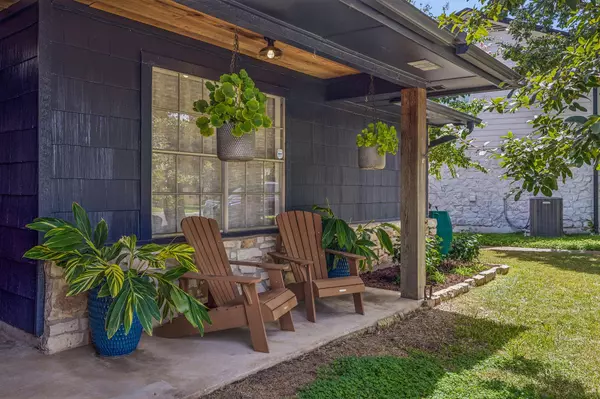
Discover the Perfect Blend of Comfort and Convenience at 5219 Summerset TRL, Austin, TX 78749
